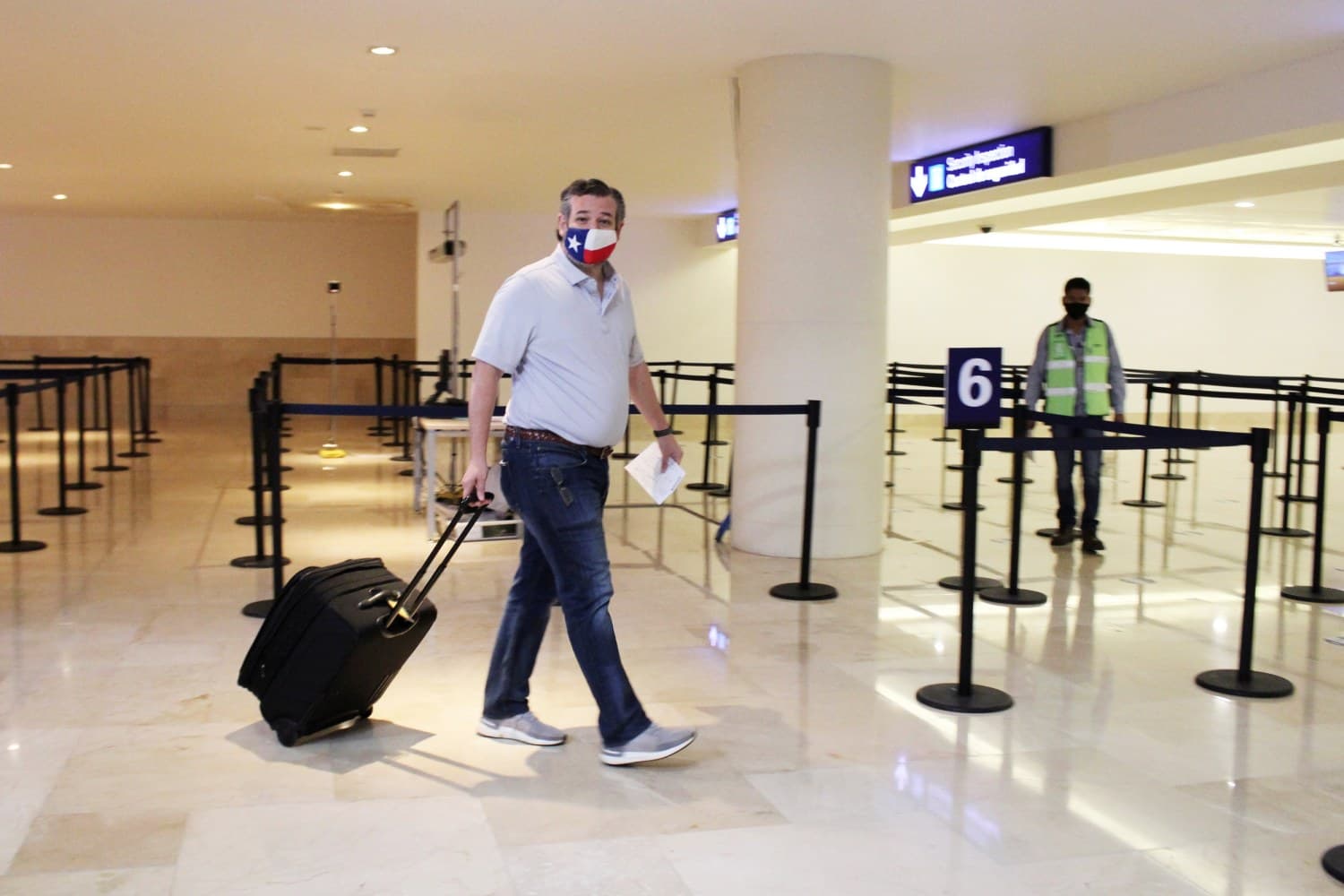Senator Ted Cruz Concludes Mexico Delegation, Advocates for El Salvador-Style Cartel Crackdown

MEXICO CITY – U.S. Senator Ted Cruz (R-TX) recently concluded a congressional delegation visit to Mexico, emphasizing safety and security in his discussions with multiple senior government officials. The visit, which was the final stop on his delegation tour, focused heavily on strategies to combat organized crime and address migration challenges.
Senator Cruz, a member of the Senate Foreign Relations Committee, highlighted the primary objective of his meetings in a social media post, stating, > "The final stop on my Congressional Delegation was Mexico, where I met with multiple senior government officials. The focus of my meetings? Safety and security."
During his visit, Senator Cruz met with Mexico’s Foreign Affairs Secretary Juan Ramón de la Fuente and other high-ranking officials. He publicly urged Mexico to consider adopting a more stringent approach to combating drug cartels, drawing parallels to the policies implemented in El Salvador. Cruz also reiterated offers of U.S. assistance in these efforts.
The discussions underscored ongoing challenges in the bilateral relationship, particularly concerning security and migration issues. While the U.S. seeks enhanced cooperation, Mexico has consistently emphasized its sovereignty, previously rejecting overtures for U.S. military intervention against cartels. Mexico's foreign affairs ministry later noted that the relationship is based on "shared responsibility, mutual trust, full respect of our sovereignty and cooperation without subordination."
Despite Mexico's historical sensitivity regarding its sovereignty, evidence of collaboration exists, including past requests for U.S. government drone assistance in organized crime investigations. Senator Cruz's consistent focus on border security and national defense issues, as outlined on his Senate website, aligns with his push for more aggressive measures against illicit activities impacting both nations. The recent delegation underscores the ongoing high-level dialogue between the U.S. and Mexico on critical cross-border security concerns.